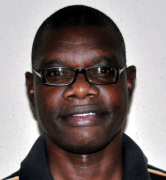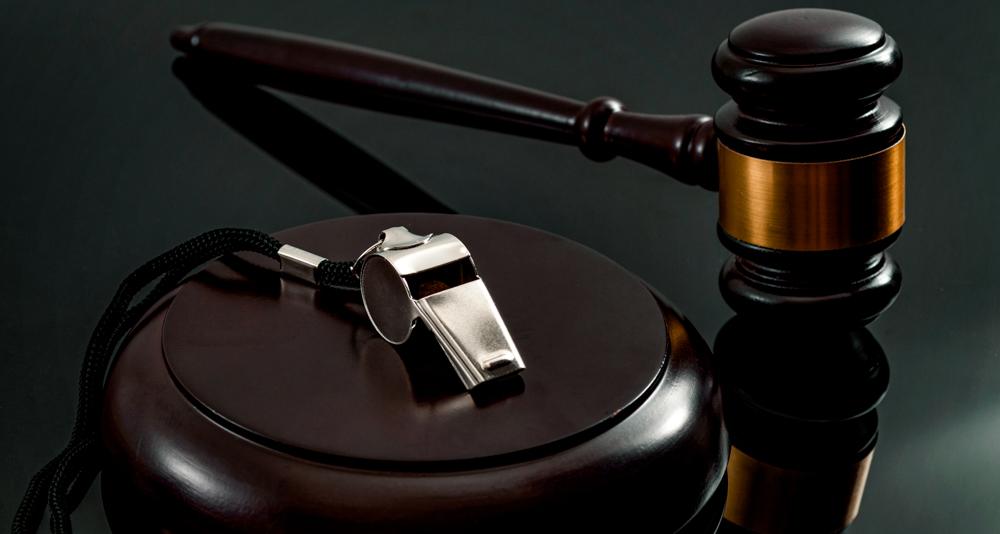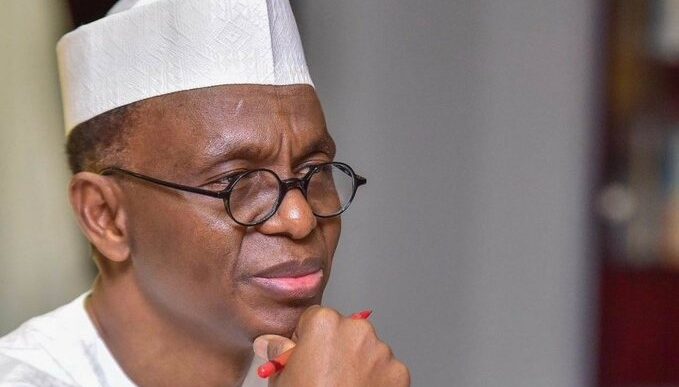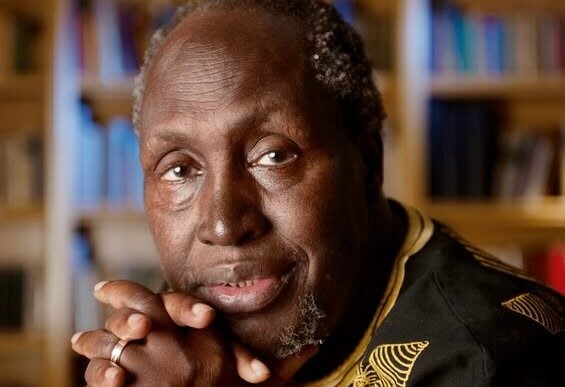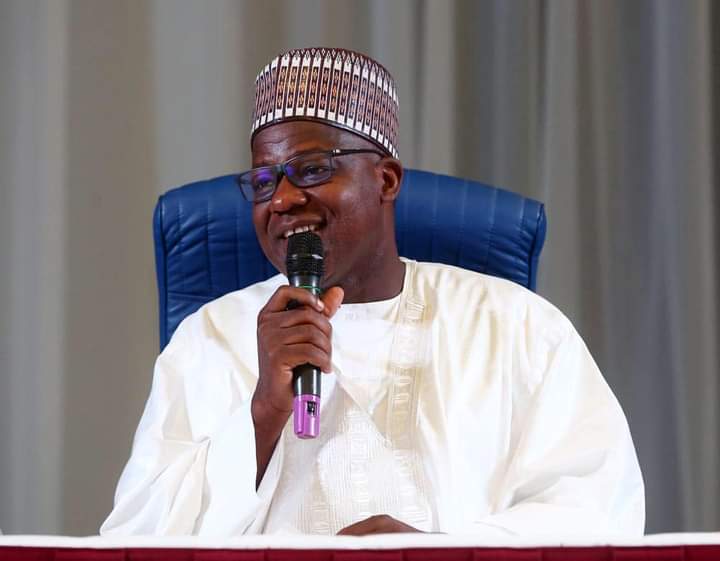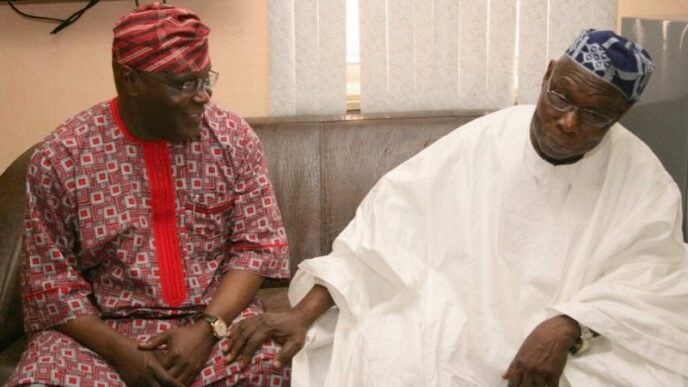This month, global attention will be on whistleblowing. On June 23, the international whistleblowers day will be observed with yet another opportunity not only to raise public awareness of whistleblowing as one of the most effective ways of detecting and preventing corrupt practices, but also to affirm it as a fundamental human right instrument of self-expression that is linked with the principles of transparency, accountability and integrity.
It’s now two years since the renewed hope agenda of the Bola Tinubu administration kicked off. But nothing has changed for Nigeria on the whistleblowing scene. It’s still where the Muhammadu Buhari administration left it – if not worse off.
At least it could be said for Buhari that as he was rounding off his lacklustre years in office, he managed to send the whistleblower protection bill, which is an executive bill, to the national assembly for passage into law. But for reasons that are yet unclear, he couldn’t get the lawmakers to pass it even when the ruling All Progressives Congress was dominant in both houses.
Still maintaining much more of that dominance in the current national assembly, Tinubu wasn’t expected to waste time in taking a similar step of returning the bill back to the lawmakers as the bill was already in place and no new wheel was being invented. Unfortunately, he has yet to do so, also for reasons that can’t be explained.
Advertisement
However, it’s important to point out that in almost a decade since Nigeria introduced whistleblowing as an anti-corruption programme, the country has clearly been undecided whether it really wants to fight corruption, not to mention using whistleblowing as one of the mechanisms for achieving the objective.
The body language, and even words sometimes from official quarters including the law enforcement and anticorruption agencies (Police, EFCC, ICPC), show unmistakable erosion of political will in dealing decisively with corruption – a terrible disease with such a virulence that has continually hobbled the country’s development and ripped away its moral fabric.
And if not poverty of the will, why would a policy that was designed to last for just one year before it is made to become a law still remain at that original state of policy almost nine years after its introduction? It means the leaders and decision-makers are simply not committed to taking significant action to entrench whistleblowing as a tool for change. It can’t be reasonably interpreted any other way.
Advertisement
The ministry of finance, whose Presidential Initiative on Continuous Audit (PICA) unit supervises the administration of the policy, seems helpless. In two years of Tinubu’s governance, the ministry only managed to organise one whistleblowing activity: a sensitization workshop which held last August in its main auditorium in Abuja.
At that event, Wale Edun, minister of finance, assured that the whistleblower protection bill would be passed into law in a short while. The bill, according to ministry officials, is in the presidency awaiting re-transmission to the national assembly. It’s ten months since that promise was given.
Meanwhile, African Centre for Media and Information Literacy (AFRICMIL), a non-governmental organization, has kept on its advocacy for increased awareness of whistleblowing as an important vehicle for arriving at a just and fair society. As exciting as the work is, the absence of a legal framework for protection is making it somewhat difficult to convince citizens to embrace whistleblowing.
A crowd of potential whistleblowers is thinning out because of blanket retaliation in the absence of protection. The protection for any victimized whistleblower provided in Section 12 of the whistleblowing policy has been of no effect. No single whistleblower that has suffered or is undergoing punishment has enjoyed any form of cover under that provision.
Advertisement
In both public and private sector, workers are being hunted down for reporting or challenging workplace misconduct. For instance, some 12 young men and a woman had just been sacked in United Bank for Africa (UBA) under the pretext that they knew about an email sent to the bank’s chairman Tony Elumelu, alleging bullying and other forms of illegal practices in an office attached to the bank.
At the moment, no less than four whistleblowers in different areas of the public sector are going through serious trauma for disclosing illegalities in their offices. Only one of them is still barely hanging on to his job. The others have been dismissed. And through the support of AFRICMIL and other sympathetic stakeholders, all of them are in court battling for justice.
Joseph Ameh, an architect and head of physical planning division at the Federal College of Education (Technical) Asaba, was sacked in May 2020 for reporting contract fraud that resulted in poorly executed structures that endangered the safety of staff and students of the institution. He has no accommodation now and his wife has abandoned him.
Olamide Abiodun Thomas was that staff nurse at Ogun State College of Health Technology who was poisoned and was only lucky to be alive before she was sacked in January 2023 when she refused to die. Her crime was reporting the misappropriation and diversion of college funds by the management, as well as the hoarding and selling off to chemists and pharmacists drugs procured through the National Health Insurance Scheme (NHIS).
Advertisement
Yisa Usman, a chartered accountant and deputy director at the Joint Admission and Matriculation Board (JAMB), was dismissed in July 2023 for exposing fraud and other malpractices perpetrated at the top level of the organization. Despite his physical disabilities, the leadership of JAMB has continued to harass him with security agencies and their own brand of strategic litigations.
In 2019, Richard Martins Atijegbe, a senior executive officer at the federal ministry of works exposed employment fraud in the ministry. For his bravery, he was inflicted with all kinds of punishments ranging from punitive posting out of the head office, to threats, intimidation and denial of promotion. Somehow, he’s still hanging on to his job and hoping that reprieve would come from the court or the national assembly that is looking into his petition.
Advertisement
The real sad part in Nigeria’s whistleblowing implementation is the failure of the law enforcement and the main anti-corruption institutions to either stop retaliation of whistleblowers before it happens, or reverse it whenever it occurs.
In many instances, whistleblowers report cases of wrongdoing to the anti-corruption agencies. If the whistleblower is lucky, the case will be investigated. But while investigation is on, whistleblowers never enjoy any protection from the investigating authorities. They are threatened, arrested and detained, sacked from work or something worse could happen to them without the authorities stepping to offer protection.
Advertisement
EFCC, ICPC, PICA and other investigating authorities have an obligation to ensure protection of whistleblowers once they receive complaints from them. That is the only way they can encourage people to engage in public interest whistleblowing. Otherwise, they would be seen to be working in the interest of something that has nothing to do with the public.
It’s well known that Tinubu never focused on fighting corruption as a major theme of his presidential campaign in 2023. He was by choice more concerned about Nigeria’s macroeconomic stability and growth instead.
Advertisement
However, he needs to be reminded that his economic reforms and stability can only be more effective if he backs them with a strong adherence to transparency and accountability across all sectors. There is no better way of achieving this other than a deep commitment to whistleblowing and protection for whistleblowers through a robust whistleblower protection law.
That bill should leave his desk now for the national assembly where he can quickly get it passed into law like the national anthem bill.
Onyeacholem is a journalist and whistleblowing activist
Views expressed by contributors are strictly personal and not of TheCable.
